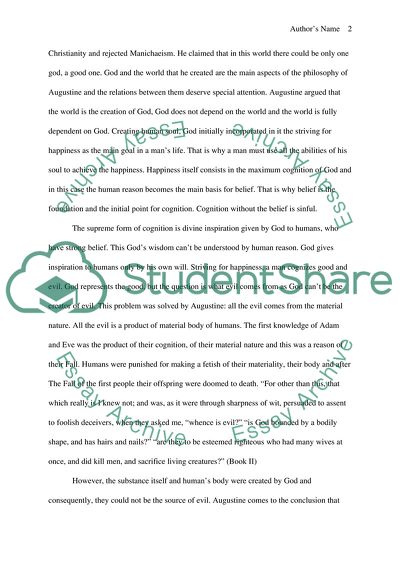Cite this document
(Evil and the Harmony of the World Essay Example | Topics and Well Written Essays - 1500 words - 1, n.d.)
Evil and the Harmony of the World Essay Example | Topics and Well Written Essays - 1500 words - 1. https://studentshare.org/philosophy/1624117-evil-and-the-harmony-of-the-world
Evil and the Harmony of the World Essay Example | Topics and Well Written Essays - 1500 words - 1. https://studentshare.org/philosophy/1624117-evil-and-the-harmony-of-the-world
(Evil and the Harmony of the World Essay Example | Topics and Well Written Essays - 1500 Words - 1)
Evil and the Harmony of the World Essay Example | Topics and Well Written Essays - 1500 Words - 1. https://studentshare.org/philosophy/1624117-evil-and-the-harmony-of-the-world.
Evil and the Harmony of the World Essay Example | Topics and Well Written Essays - 1500 Words - 1. https://studentshare.org/philosophy/1624117-evil-and-the-harmony-of-the-world.
“Evil and the Harmony of the World Essay Example | Topics and Well Written Essays - 1500 Words - 1”. https://studentshare.org/philosophy/1624117-evil-and-the-harmony-of-the-world.


